Luwak coffee, also known as civet coffee, is a type of coffee that is made from beans that have been eaten and digested by the Asian palm civet (Paradoxurus hermaphroditus). The civet is a small, nocturnal mammal that is found in Southeast Asia. It eats a variety of fruits and vegetables, including coffee cherries. When the civet eats a coffee cherry, the beans pass through its digestive system and are fermented by its enzymes. This fermentation process changes the chemical composition of the beans, giving them a unique flavor.
Coffee is one of the most popular beverages in the world, with millions of people enjoying its rich and complex flavor every day. However, not all coffee is created equal, and some types of coffee are more rare and expensive than others. One of the most exotic and controversial kinds of coffee is Luwak coffee, also known as civet coffee or cat poop coffee. This coffee is made from beans that have been eaten and excreted by a small mammal called the Asian palm civet, which lives in the forests of Indonesia and other Southeast Asian countries. But why does Luwak coffee taste different from other coffee, and is it worth the high price?
The Luwak Coffee Process
The main reason why Luwak coffee tastes different from other coffee is because of the unique processing method that involves the civet’s digestive system. When the civet eats the ripe coffee cherries, it only digests the outer pulp, leaving the inner beans intact. However, as the beans pass through the civet’s intestines, they are exposed to various enzymes and bacteria that alter their chemical composition. These changes affect the proteins, amino acids, and volatile compounds that contribute to the flavor and aroma of coffee.
According to some experts, this process results in a smoother, less bitter, and more aromatic cup of coffee, with notes of chocolate, caramel, and hazelnut. Some also claim that the civets are selective eaters that only choose the best and ripest cherries, which ensures a high quality of beans. However, these claims are not universally accepted, and some critics argue that Luwak coffee is overrated, overpriced, and indistinguishable from regular coffee.
Another reason why Luwak coffee tastes different from other coffee is because of the ethical and environmental issues that surround its production. Due to the high demand and low supply of Luwak coffee, many farmers have resorted to capturing and caging wild civets and force-feeding them coffee cherries. This practice causes severe stress and suffering for the animals, as well as increasing the risk of disease transmission and genetic erosion. Moreover, this practice reduces the ecological role of the civets as seed dispersers and forest regenerators, which threatens the biodiversity and sustainability of their habitats.
Therefore, Luwak coffee tastes different from other coffee not only because of the biological and chemical changes that occur in the beans during digestion, but also because of the moral and environmental implications that affect its production and consumption. While some people may enjoy its unique flavor and rarity, others may find it repulsive and unethical. Ultimately, the choice of whether to drink Luwak coffee or not depends on one’s personal preference, budget, and conscience.
There are several reasons why Luwak coffee tastes different from other coffee. First, the fermentation process breaks down some of the proteins in the beans, which reduces the bitterness. Second, the fermentation process also produces compounds that give the coffee a nutty, earthy flavor. Third, the civet only eats the ripest and sweetest coffee cherries, so the beans used to make Luwak coffee are of a higher quality than the beans used to make other types of coffee.
The taste of Luwak coffee is often described as smooth, rich, and chocolatey. Some people also say that it has a slightly fruity or floral flavor. The exact flavor of Luwak coffee can vary depending on the type of coffee beans used, the way the beans are processed, and the roasting method.
Kopi Luwak is considered to be a luxury coffee and is often sold at a high price. This is due to the fact that it is a rare and difficult to produce coffee. The civets that are used to produce Luwak coffee are often raised in captivity, and the beans are carefully processed to ensure that they maintain their unique flavor.
There is some debate about whether or not Luwak coffee is actually better than other types of coffee. Some people believe that the fermentation process gives the coffee a unique and delicious flavor, while others believe that the taste is not worth the high price. Ultimately, the decision of whether or not to try Luwak coffee is a matter of personal taste.
Here are some additional factors that can affect the taste of Luwak coffee:
- The breed of civet: Different civet breeds produce coffee with different flavors.
- The diet of the civet: The civet’s diet can also affect the flavor of the coffee. Civets that eat a diet of ripe coffee cherries will produce coffee with a sweeter flavor than civets that eat a diet of unripe coffee cherries.
- The processing method: The way the beans are processed can also affect the flavor of the coffee. Beans that are processed more gently will retain more of their original flavor.
- The roasting method: The roasting method can also affect the flavor of the coffee. Beans that are roasted darker will have a more intense flavor.
Is Luwak coffee ethical?
The production of Luwak coffee has been criticized by some people on ethical grounds. Some people argue that it is cruel to keep civets in captivity and force them to eat coffee cherries. Others argue that the high price of Luwak coffee contributes to deforestation and wildlife trafficking.
There are a number of ways to produce Luwak coffee that are more ethical than the traditional method. Some coffee farmers are now raising civets in free-range enclosures. Others are using wild civets to produce their coffee. These methods are more expensive, but they are also more humane and sustainable.
Ultimately, the decision of whether or not to buy Luwak coffee is a personal one. If you are concerned about the ethical implications of the production process, you can choose to buy coffee that is certified as being produced in an ethical way.
Conclusion
Luwak coffee is a unique and delicious coffee that is produced through a complex process. The taste of Luwak coffee can vary depending on a number of factors, but it is generally described as smooth, rich, and chocolatey. Whether or not you choose to try Luwak coffee is a matter of personal taste. However, if you are looking for a truly unique and special coffee experience, Luwak coffee is worth considering.


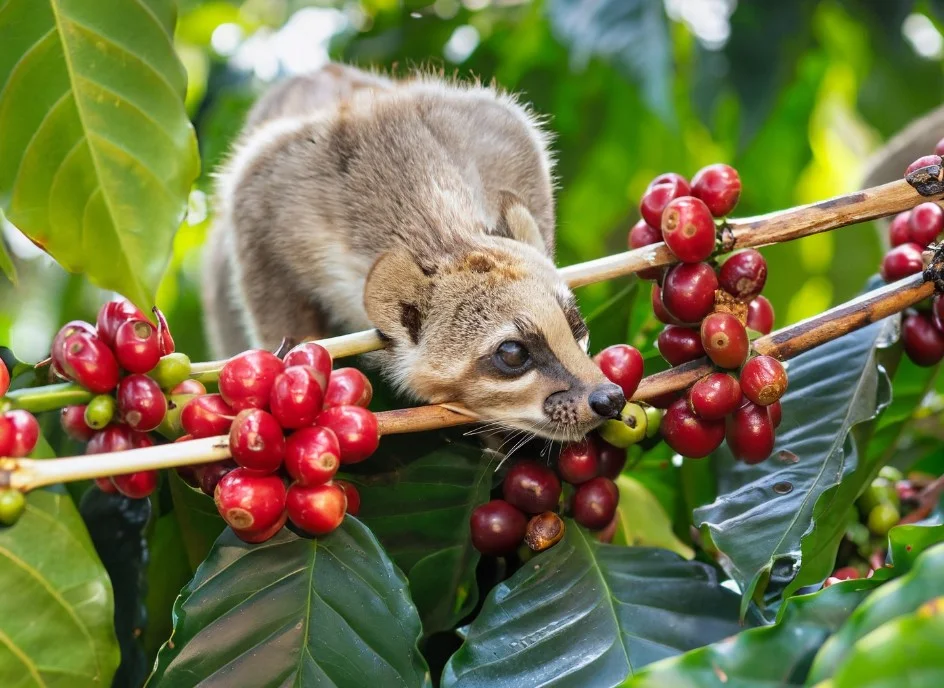








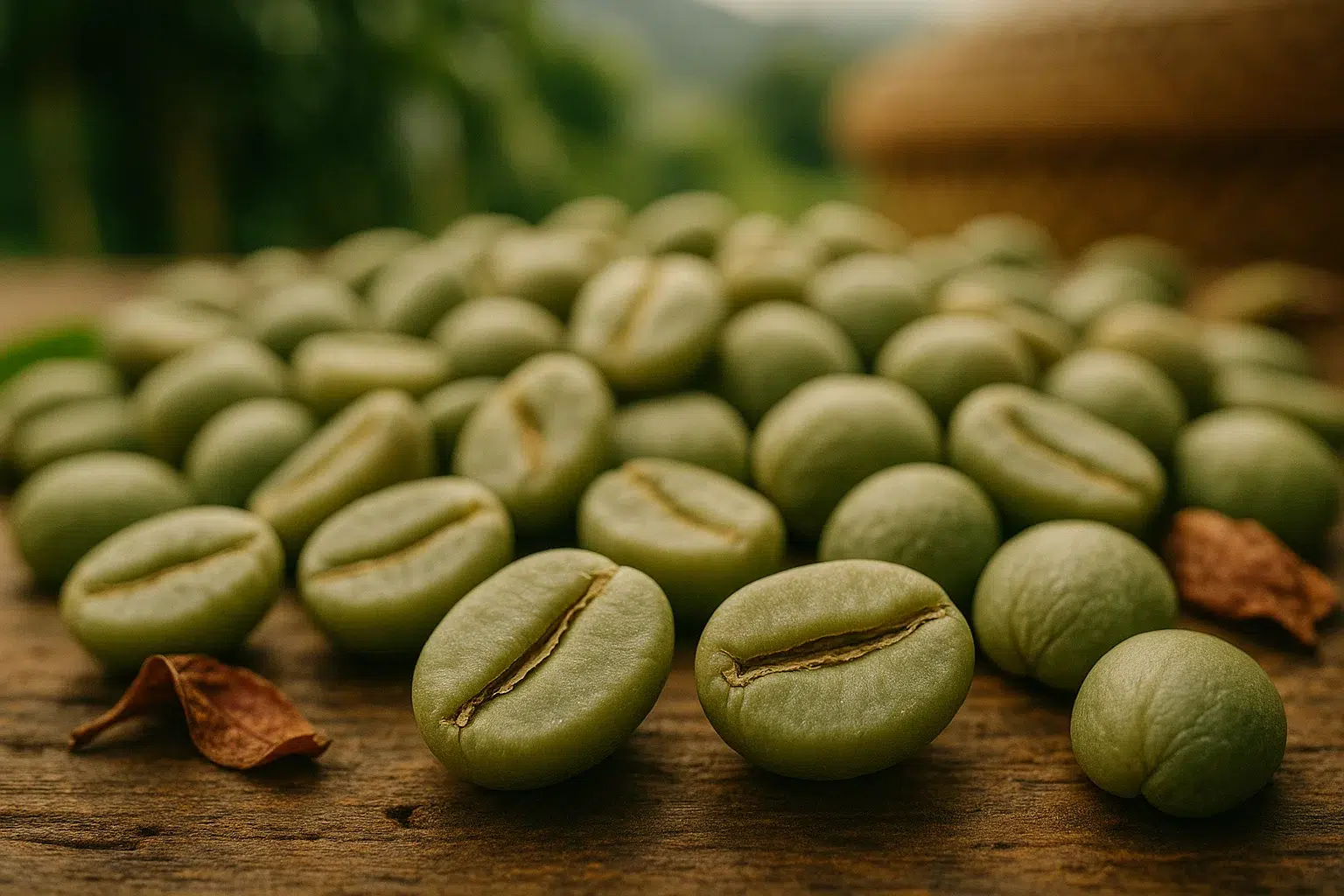









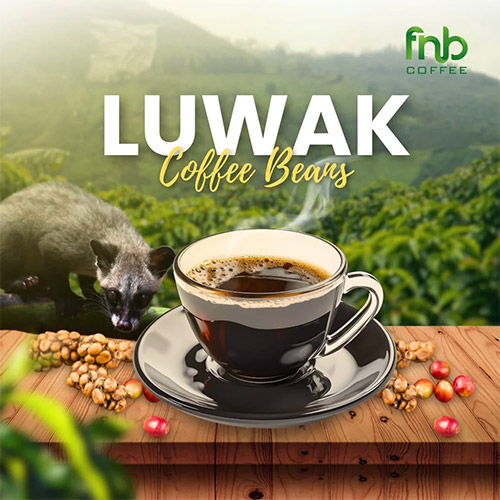


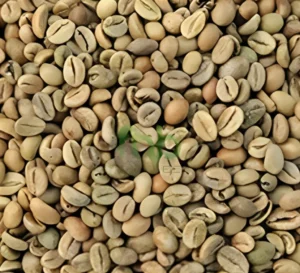


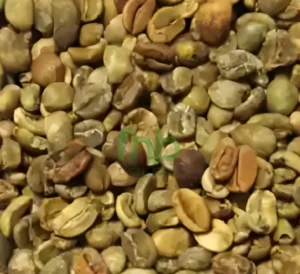





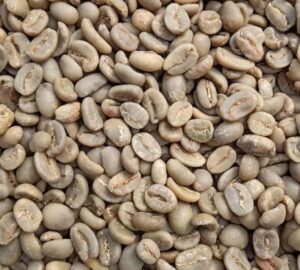
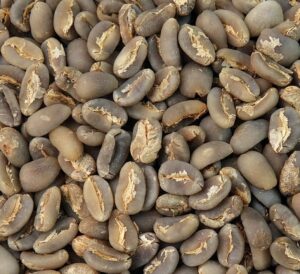








 Arabic
Arabic Chinese (Simplified)
Chinese (Simplified) Dutch
Dutch English
English French
French German
German Indonesian
Indonesian Italian
Italian Japanese
Japanese Portuguese
Portuguese Russian
Russian Spanish
Spanish